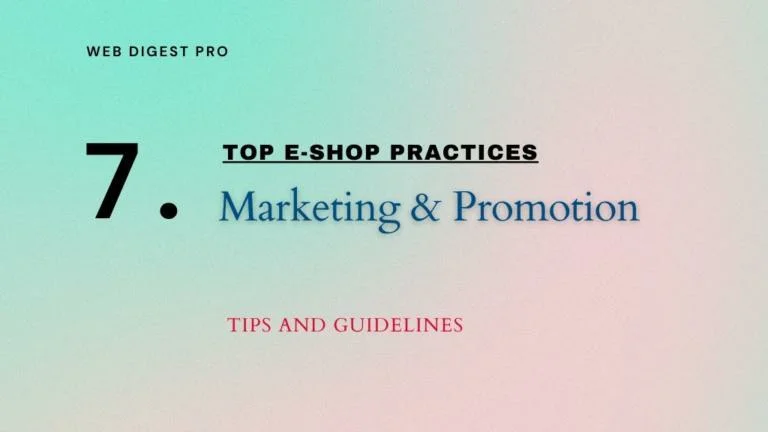Search engine optimization (SEO) remains a cornerstone for online visibility and traffic generation. At the heart of effective SEO lies the strategic use of keyphrases. Understanding and utilizing keyphrases can significantly enhance your website’s ranking on search engines, drawing more visitors and potential customers to your site. This article explores the importance of keyphrases in SEO and how they can be leveraged to boost your online presence.
What Are Keyphrases?
Keyphrases are specific combinations of words that users enter into search engines when looking for information, products, or services. Unlike single keywords, which are often too broad and competitive, keyphrases are more precise and descriptive, making them more effective for targeting specific search intents. For instance, while “shoes” is a keyword, “best running shoes for women” is a keyphrase that targets a more specific search query.
Why Keyphrases Matter in SEO
- Enhanced Relevance: Keyphrases help your content align more closely with what users are searching for. By targeting specific keyphrases, you ensure that your content addresses the precise needs and questions of your audience. This relevance not only attracts visitors but also keeps them engaged, as they find the exact information they are looking for on your site.
- Improved Search Rankings: Search engines like Google use complex algorithms to rank pages based on their relevance to user queries. By optimizing your content with well-researched keyphrases, you signal to search engines that your page is a valuable resource for those terms. This can improve your rankings, making it easier for users to find your site.
- Higher Quality Traffic: Targeting specific keyphrases attracts visitors who are more likely to be interested in your content, products, or services. For example, a user searching for “affordable vegan recipes” is more likely to engage with your vegan food blog than someone searching for a generic term like “recipes.” This specificity helps in driving high-quality, relevant traffic to your site.
- Better User Experience: Keyphrases often reflect the natural language and specific queries of users. By incorporating these phrases into your content, you create a more user-friendly experience that resonates with the way people actually search and think. This can lead to longer site visits, lower bounce rates, and higher conversion rates.
- Competitive Advantage: In highly competitive markets, targeting broad keywords can be challenging due to the high level of competition. Keyphrases offer a more attainable strategy by focusing on niche areas within your industry. This can help you carve out a unique space in the market and attract an audience that might be overlooked by competitors.
How to Effectively Use Keyphrases in SEO
- Research Thoroughly: Use tools like Google Keyword Planner, SEMrush, or Ahrefs to research potential keyphrases. Look for terms that have a good balance of search volume and competition. Aim for phrases that your target audience is likely to use when searching for content related to your niche.
- Incorporate Naturally: Once you have identified your keyphrases, incorporate them naturally into your content. Avoid keyword stuffing, as this can lead to penalties from search engines and a poor user experience. Instead, use keyphrases in titles, headers, meta descriptions, and throughout the body text in a way that flows naturally.
- Optimize On-Page Elements: Ensure that keyphrases are included in critical on-page elements such as title tags, meta descriptions, URL slugs, and image alt texts. This comprehensive approach helps search engines understand the context and relevance of your content.
- Create High-Quality Content: Ultimately, the quality of your content is paramount. Ensure that your content is informative, engaging, and valuable to your audience. High-quality content that effectively uses keyphrases will naturally attract backlinks, social shares, and higher rankings.
- Monitor and Adjust: SEO is not a one-time effort. Continuously monitor your performance using tools like Google Analytics and Search Console. Track which keyphrases are driving traffic and conversions, and adjust your strategy accordingly.
Wrap-Up
Keyphrases are a vital component of effective SEO, bridging the gap between what users search for and the content you provide. By thoroughly researching and strategically incorporating keyphrases into your content, you can enhance your website’s relevance, improve search rankings, attract higher quality traffic, and ultimately achieve your digital marketing goals. Remember, the landscape of SEO is always changing, so staying updated with the latest trends and continuously refining your keyphrase strategy is essential for long-term success.
Written by Dimitrios S. Sfyris, developer and founder of AspectSoft, a software company specializing in innovative solutions. Follow me on LinkedIn for more insightful articles and updates on cutting-edge technologies.
Subscribe to our newsletter!












+ There are no comments
Add yours